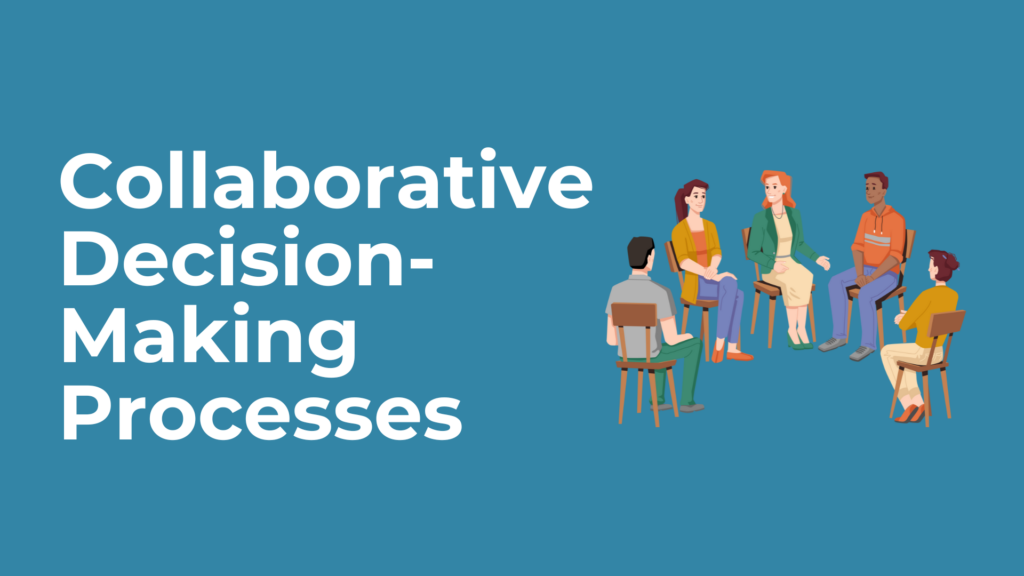
Collaborative Decision-Making processes are meetings where families, social workers, and other support people discuss child welfare concerns and plan how to move forward.
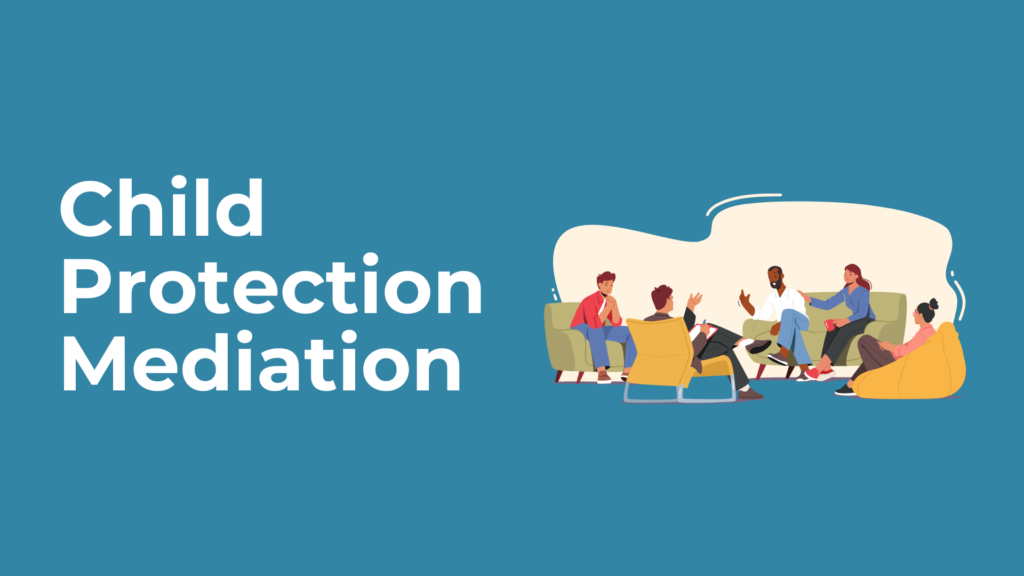
Mediations are meetings where parents, social workers, and other support people work through disagreements and create plans. Mediations are run by impartial mediators who encourage communication and help resolve conflict.
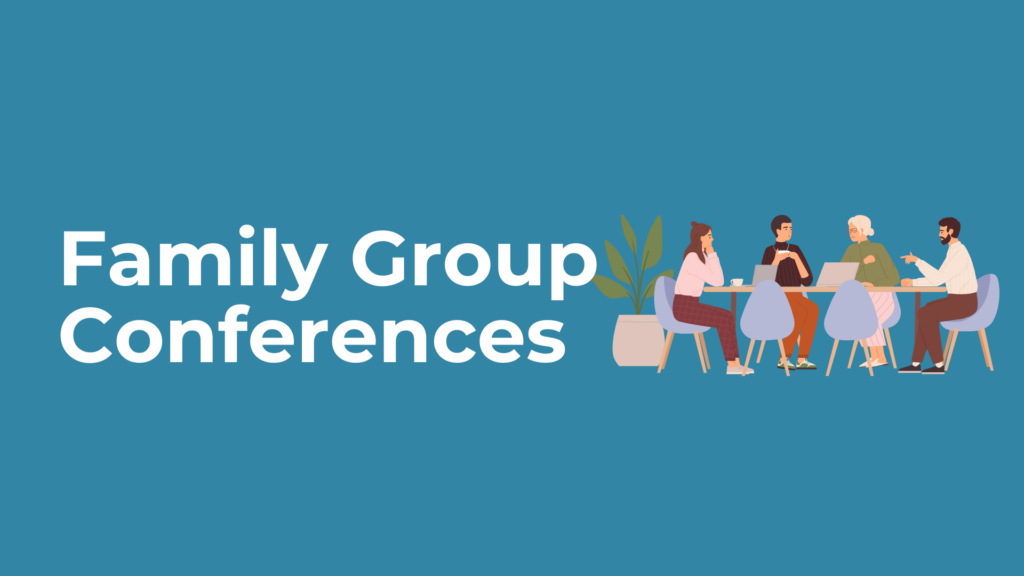
Family Group Conferences are meetings where parents, family members, community members, and other support people develop long-term plans for a child’s care. Families have private time to plan away from professionals. Family Group Conferences are organized by a facilitator who helps everyone communicate and coordinate roles.
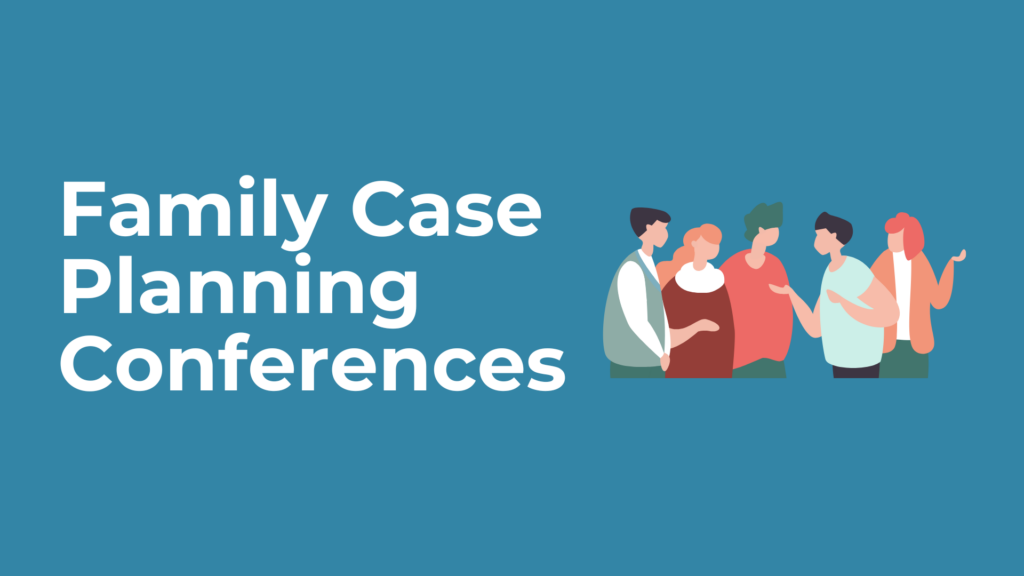
Family Case Planning Conferences are meetings where parents, social workers, and other support people share information, talk about challenges, and make short-term plans. They are run by a facilitator who helps everyone share their perspectives.
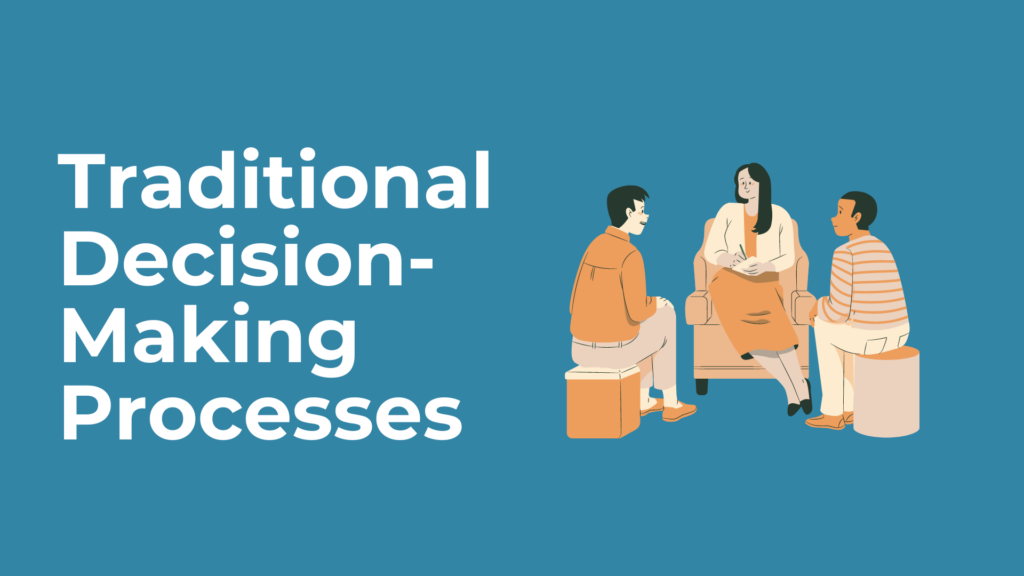
Traditional Decision-Making Processes are meetings where families, social workers, and other support people participate in Indigenous nations’ decision-making practices. Traditional Decision-Making Processes generally focus on bringing together community and restoring balance. They can also be combined with other processes.
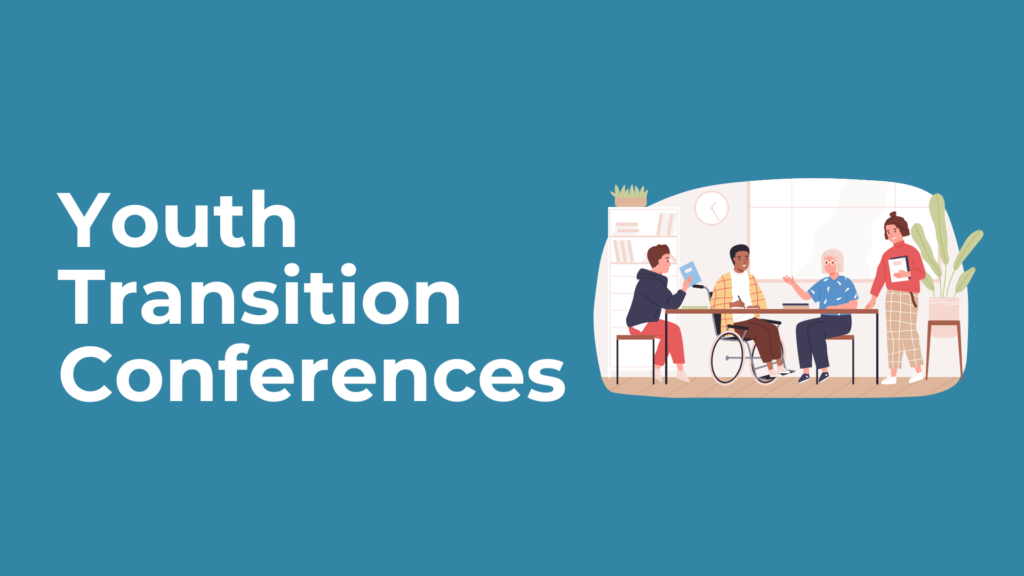
Youth Transition Conferences are meetings where a youth, family, and other support people plan how to support the youth as they leave foster care and become an adult. Youth Transition Conferences are run by a facilitator and the youth.
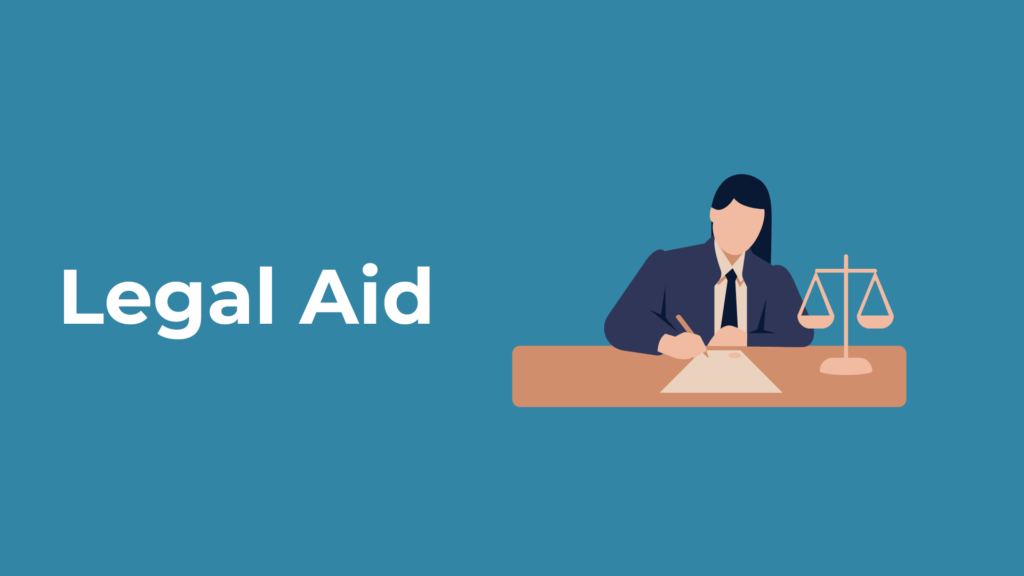
If you have been contacted about a child welfare matter, you may be able to work with a free Legal Aid lawyer. You can also connect with a legal advocate.
Mediate BC serves communities across the lands of many Indigenous peoples, unceded, unsurrendered, and treaty. We are committed to advancing Indigenous sovereignty, inherent rights and self-determination. In order to do this, we commit to deepening our understanding of the histories and cultures of Indigenous peoples and the ongoing effects of colonization. Further, we commit to developing meaningful dialogue and relationships founded on respect.